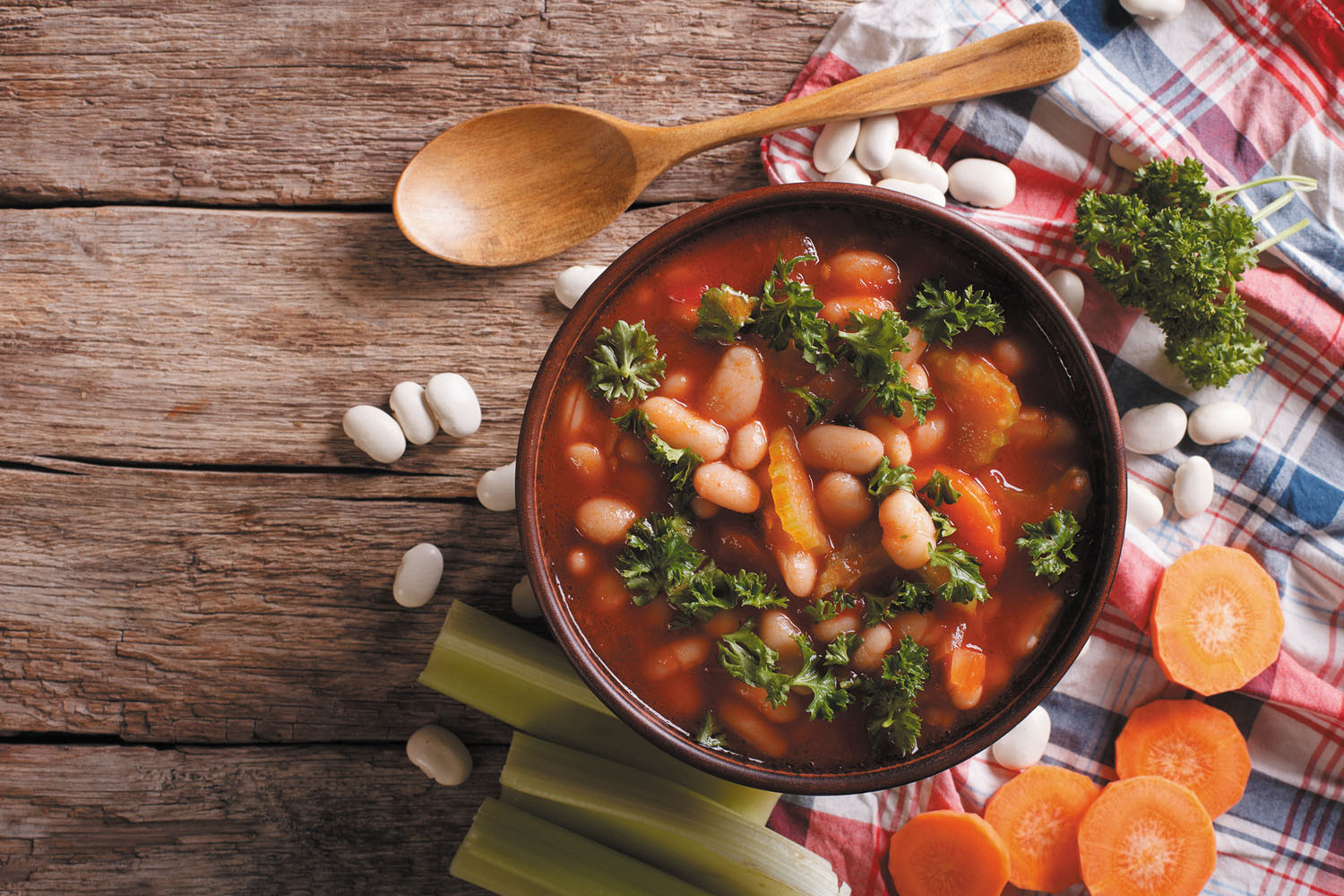
New thinking about plaque in arteries that feed the brain

Want to prevent shifting teeth? Maybe you need retainers

What you need to know about the new dietary guidelines

Food that’s healthier for people and planet can be cheaper, too

New evidence that polyphenol-rich foods help the heart

8 simple ways to reduce ultra-processed foods in your diet

How to curb your stress eating

How to spot Parkinson’s disease symptoms

Heart failure symptoms in women: How they’re different

GERD diet: Foods to avoid to reduce acid reflux
Nutrition Archive
Articles
Should you be taking an omega-3 supplement?
The answer to that question is becoming clearer, thanks to new research.
Some 10% of American adults regularly take an omega-3 supplement, despite uncertainty about whether these products truly live up to their health claims. But two new studies published in November 2018 shed some light on who might benefit from omega-3 supplements — and who probably won't.
VITAL
The first study was the Vitamin D and Omega-3 Trial (VITAL), a large multiyear study with 25,871 healthy adults with no history of cardiovascular (heart or blood vessel–related) disease and at "usual risk" for it. The group was racially diverse and chosen to be representative of the general population, says the study's lead author Dr. JoAnn E. Manson, professor of medicine and the Michael and Lee Bell Professor of Women's Health at Harvard Medical School.
High-fiber diet protects against cardiovascular problems
Research we're watching
Want to reduce your risk of cardiovascular disease, diabetes, and colorectal cancer? Eat more fiber, says a meta-analysis published online January 10 by The Lancet.
Authors reviewed data from 185 prospective studies and 58 clinical trials and found that people who ate the most fiber had a 15% to 30% lower risk of dying from cardiovascular disease or developing diabetes or colon cancer, compared with people in the study who ate the least. People appeared to get the biggest benefit when they ate between 25g and 29 g of fiber a day.
Food truck fare: Trendy eats, but are they safe?
Pay attention to healthy ingredients, inspection documents, and online reviews.
Image: © valentinrussanov/Getty Images
Food trucks — once the catering staples of construction sites — are no longer just about convenience. These rolling kitchens bring innovative gourmet food to busy streets and crowded parking lots, with diverse menus that attract hordes of hungry customers and discerning foodies.
But as popular as food trucks are — nationally, a billion-dollar industry that defines the landscape in places like Los Angeles; Miami; Austin, Tex.; and Portland, Ore. — they still serve restaurant fare, which is typically loaded with saturated fat, salt, refined carbo-hydrates, sugar, and calories.
Choosing oils for cooking: A host of heart-healthy options
Olive oil is just one of many plant-based oils rich in unsaturated fats, the more healthful type of fat.
When you're cooking or baking, choose a fat that's liquid instead of solid at room temperature. That advice, from the federal Dietary Guidelines for Americans, is based on a large body of evidence showing that replacing solid fat (mainly saturated fat) with liquid fat (mostly unsaturated fat) is linked to a lower risk of heart attack and death from heart disease.
To be clear, all fat — whether it comes from seeds, nuts, meat, milk, olives, or avocados — contains a mixture of different fatty acids, the basic building blocks of fats. However, butter, lard, coconut oil, and palm oil contain mostly saturated fatty acids. Most plant-based oils, on the other hand, consist predominantly of unsaturated fatty acids, which include both monounsaturated and polyunsaturated fatty acids (see "The fats of life: Healthy oils").
Legume of the month: White beans
Image: © ALLEKO/Getty Images
All beans are rich in fiber, but the top-ranking variety is the navy bean, allegedly named for its popularity in the U.S. Navy in the early 20th century. These pea-sized, cream-colored beans provide 10 grams of fiber per half-cup serving. Most Americans are woefully deficient in dietary fiber, which helps lower harmful LDL cholesterol and is linked to a lower risk of heart disease.
Navy beans are just one of many varieties of white beans, which include cannellini, great northern, and white kidney beans. Cook's Illustrated magazine describes cannellini beans as having a "meaty, lush texture with a buttery, subtle mushroomlike flavor" whereas great northerns are "slightly chalky and mealy, with strong mineral notes." Lima and baby lima beans (also known as butter beans) are also considered white beans.
Less heart-damaging inflammation with a vegan diet?
Research we're watching
Image: © Anna_Shepulova/Getty Images
A vegan diet may help lower heart-damaging inflammation more than the diet recommended by the American Heart Association (AHA), a new study finds.
The study included 100 people with heart disease, which was defined as having at least one narrowed heart artery. Half were randomly selected to follow a vegan diet, which excludes meat, poultry, dairy, eggs, seafood, and fish. The others followed the AHA diet, which encourages lean poultry, fish, and low-fat dairy products, along with plant-based foods. All of the participants received weekly groceries, a cookbook, and sample menus. They also provided 24-hour diet recall records twice a week on random days.
Eating more fruits and vegetables may help men with memory loss
In the journals
Need another reminder to eat your fruits and vegetables? Doing so might lower your risk of memory loss, according to a study published online Nov. 21, 2018, by Neurology. The study looked at almost 28,000 men, average age 51, who filled out questionnaires every four years for 20 years about how many servings of fruits, vegetables, and other foods they ate each day. The participants also took tests of their thinking and memory skills at least four years before the end of the study, when the average age was 73.
The researchers found that men who consumed the most daily servings of vegetables and fruit (six or more servings) were less likely to develop poor thinking skills than the men who consumed the fewest (about two daily servings or less). A serving of fruit was defined as a cup of whole fruit or half a cup of fruit juice. A serving of vegetables was a cup of raw vegetables or two cups of leafy greens.

New thinking about plaque in arteries that feed the brain

Want to prevent shifting teeth? Maybe you need retainers

What you need to know about the new dietary guidelines

Food that’s healthier for people and planet can be cheaper, too

New evidence that polyphenol-rich foods help the heart

8 simple ways to reduce ultra-processed foods in your diet

How to curb your stress eating

How to spot Parkinson’s disease symptoms

Heart failure symptoms in women: How they’re different

GERD diet: Foods to avoid to reduce acid reflux
Free Healthbeat Signup
Get the latest in health news delivered to your inbox!
Sign Up











